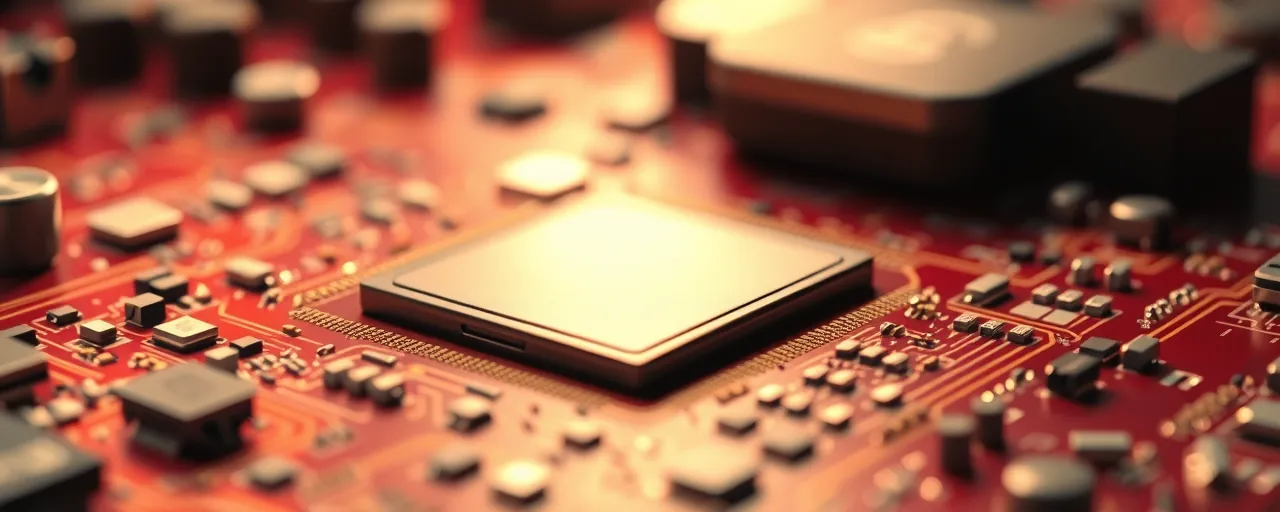A Partnership With Big Ambitions
President Trump recently spotlighted a U.S.-UAE artificial intelligence project, calling it a game-changer with NVIDIA’s CEO, Jensen Huang, playing a key role. Announced in September 2024, this collaboration aims to fuse American technological prowess with the UAE’s bold vision to become a global tech hub. For those unfamiliar with the stakes, AI is reshaping economies, security, and daily life, making this partnership a big deal.
The UAE, flush with wealth and ambition, is investing heavily to lead in AI. Through its state-backed firm G42, it’s building cutting-edge data centers and research facilities. The U.S. brings unmatched expertise and companies like NVIDIA, whose chips are the backbone of modern AI. Together, they’re crafting a future where innovation drives prosperity. This matters to everyday people because it could spark new jobs, transform industries, and shift global power dynamics.
The Economic and Strategic Stakes
This partnership is a piece of a larger puzzle: the global race to dominate AI. Experts predict AI could lift global GDP by 15% over the next decade, adding trillions to economies while reshaping work and trade. The UAE is a key player, with deals like Microsoft’s $1.5 billion investment in G42 to create AI-powered cloud facilities. These efforts aim to position the UAE as a tech leader in the Middle East, while the U.S. gains a strategic partner.
NVIDIA’s role is pivotal. Its advanced Blackwell GPUs power the UAE’s AI infrastructure, setting the stage for breakthroughs in computing and robotics. For Americans, this could mean more high-tech jobs and stronger economic ties with a key ally. Yet, sharing such powerful technology raises questions about how to balance openness with protecting sensitive innovations.
Navigating Security Challenges
AI’s potential is matched by its risks. Security experts warn that advanced AI systems could be exploited for cyberattacks or disinformation, with estimates suggesting generative AI could drive over 40% of data breaches by 2027. The U.S. carefully controls exports of AI chips to limit adversaries’ access, but allies like the UAE benefit from looser restrictions. Joint cybersecurity efforts are planned to safeguard shared technology, yet vulnerabilities persist.
Collaborating with the UAE strengthens a trusted partner and counters China’s expanding tech influence through initiatives like the Digital Silk Road. Still, some U.S. policymakers urge caution, worried that even allied nations could inadvertently expose sensitive tech. The challenge lies in fostering innovation while ensuring robust protections.
Diverse Perspectives on AI’s Future
Stakeholders view this partnership differently. Supporters of fewer regulations, often tied to Republican lawmakers, argue that easing export controls boosts U.S. firms and allies like the UAE, cementing American leadership. Conversely, advocates for oversight, including some Democratic leaders, emphasize transparency and ethical standards to prevent AI misuse. They want clear guidelines for international tech sharing, especially with non-Western partners.
The UAE is working to prove its reliability. Its Responsible AI Foundation, launched with Microsoft, seeks to establish regional ethical benchmarks for AI. For readers, this debate hits home because it shapes whether AI will deliver fair, safe advancements—like better healthcare—or amplify risks like biased algorithms.
What Lies Ahead
The U.S.-UAE AI venture is ambitious, with plans to deploy 500,000 advanced chips annually and build massive data centers backed by up to $100 billion in investments from firms like BlackRock and Microsoft. Joint research and clean energy projects aim to make this sustainable and far-reaching. Beyond tech, this is about creating a world where AI fuels progress and security.
For those wondering about real-world effects, AI could revolutionize fields like education and transportation, but it also raises thorny issues around privacy and job displacement. The U.S.-UAE collaboration is a proving ground for how nations can chase ambition while tackling responsibility. As Trump’s administration pushes forward, the world watches to see if this vision delivers.
The path forward is complex. Global rivalries, security concerns, and ethical questions will keep this project in focus. It’s a vivid reminder that AI isn’t just about technology—it’s about trust, power, and the future we’re all building.
